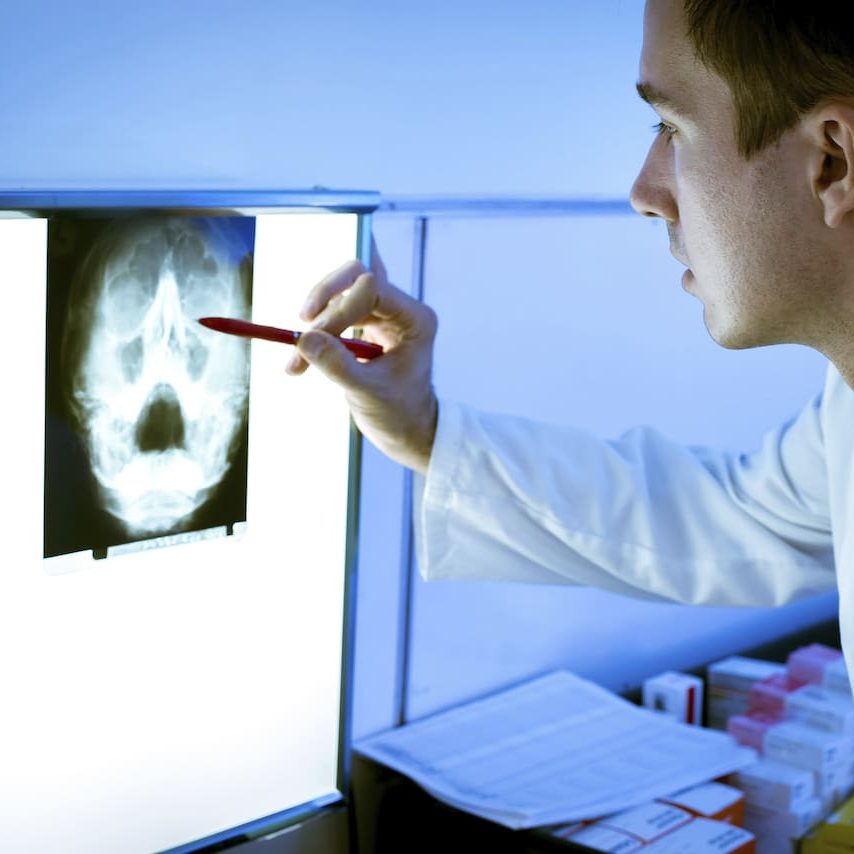Please join our private Facebook Group to get support and advice from fellow patients and carers
General Information
This section gives general information for treatments offered by the NHS for head and neck cancers. Given the complexity of the range of head and neck cancers, treatments are varied and can be complex. Major treatments for head and neck cancer may include one or more of the following: surgery, radiation treatment, chemotherapy, chemoradiation therapy, targeted therapies & immunotherapy.
Exercise and rest are crucial for your treatment and recovery to be successful. Your body is going to take a significant amount of punishment from the treatment so be prepared to have daytime sleeps and rest. Regular exercise when you feel most perky in the day is good for your mental and physical health even if it is simply walking around the block once a day.
Radiotherapy/Chemotherapy
A quick overview of what to expect
Surgery
A quick overview of what to expect
Immunotherapy
A quick overview of what to expect
Preparing yourself for treatment
There is a long list of side effects that you may or may not get. From dry mouth, mucus, inability to eat and drink, ulcers, fatigue, throat, mouth, and ear pain. Using saline salt water mouth wash can help inflamed ulcers as well as having plenty of fluids throughout the day, particularly water. Alcohol, coffee and tea are best avoided as they can have a drying effect and add to your discomfort.
Adequate management of pain is vital for your treatment to continue. Always discuss this with your oncology consultant and review the choices carefully for side effects. You may find that Morphine based drugs such as Oramorph will make you severely constipated so laxatives/ stool softeners may be required to counteract. Co-codamol can induce nausea and constipation.
Your Head and Neck support team and Consultant will regularly check your weight and blood counts. Depending on where and what type of treatment you have, you may have to move onto a soft food diet. Regardless eating healthily and keeping your strength is important. There are lots of varied menus and tips available to help you through this. The nutritionists will increase your daily calorie and protein intake to help the body repair and cope with the treatment without losing too much weight. Losing too much weight is to be avoided, especially if you are having radiotherapy as the mask may need remaking & refitting, which can delay treatment, rapid weight loss also increases the risk of being hospitalised.
If you can no longer eat soft food because your throat and mouth are so sore and painful, you will need to revert to being tube fed. A diet will be specifically tailored to your needs and you will be told how many feeds you need to take via your PEG or RIG (such as Fortisips or Nutricia feed containers). You may find that it seems you are spending the majority of the day on tube feeding as the digestive system may slow down but you still need to take the calories and proteins on board.

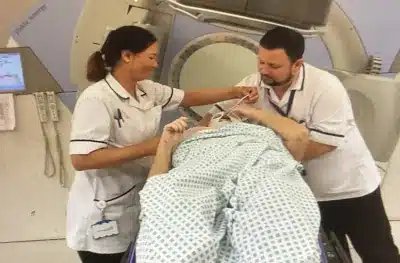
Chemotherapy in brief
In order to combat post treatment flexibility of movement issues affecting your speech, drinking and eating, your speech and language support team will give you exercises to do. These include tongue, mouth, jaw and swallowing movements and exercises, which you may not feel you need to do but they will benefit you in the long term. Tip - practice in front of a mirror and do them whilst watching TV, or in the car.
Chemotherapy (see full section on Radiotherapy/Chemotherapy) for HPV related cancers is usually Cisplatin which is a platinum based chemotherapy. There is lots of information and misinformation about Chemotherapy so please make sure you get the right information and ask questions to make sure you get the information that is specific to your medication and situation. There are many different types of Chemo and it has evolved and changed significantly over the last decades. A side effect of Cisplatin can be Tinnitus. If you have any symptoms including ringing in ears you should advise your medical team immediately. In some cases your medication can be changed (eg. Carboplatin) which is less harsh. Many don’t complete all the Chemo sessions. Tip - you will be given anti sickness medication if you need it but if your nausea isn’t kept at bay, ask for other tablets. Don’t be afraid to be proactive.
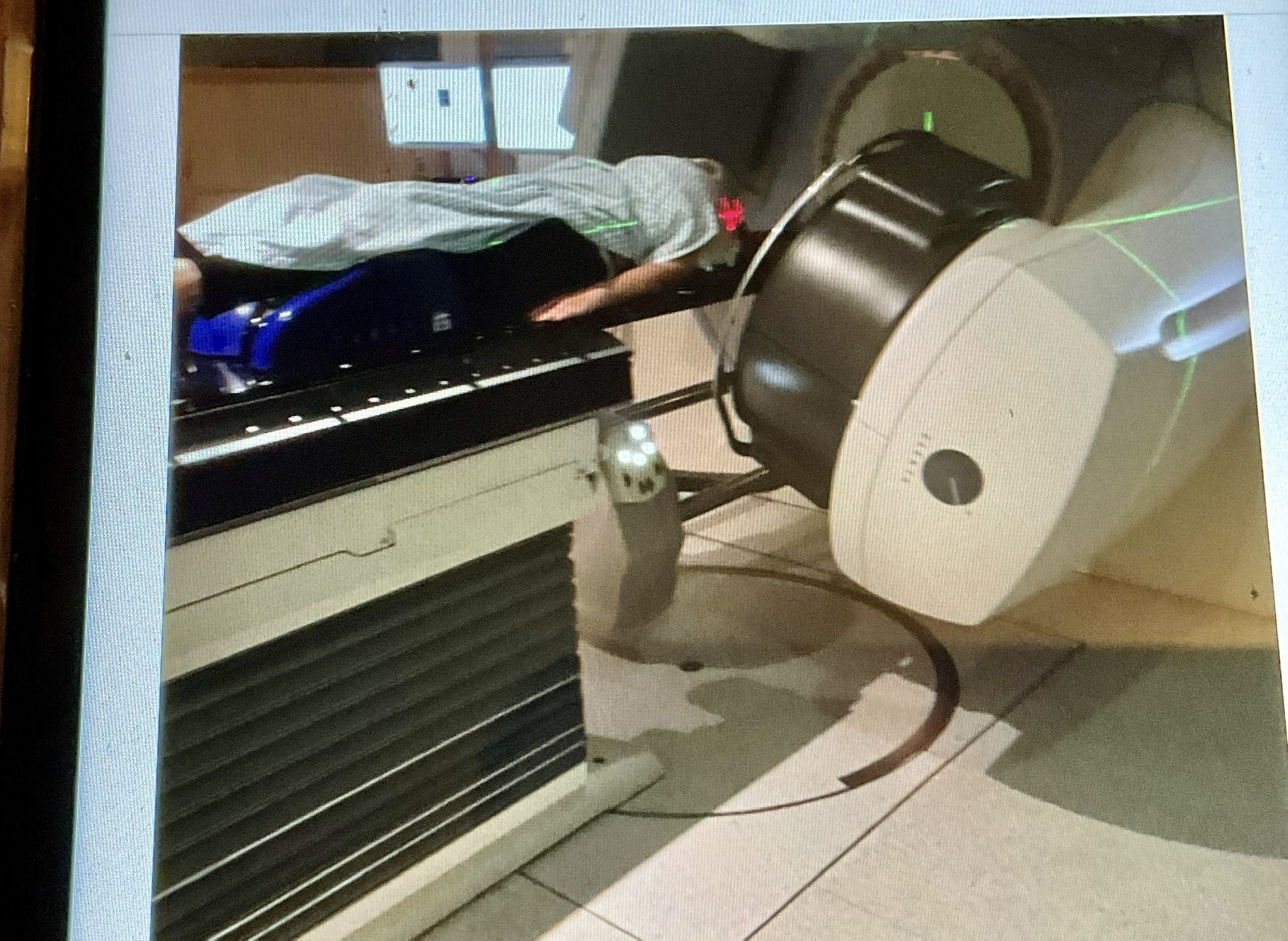
Radiotherapy in brief
Radiotherapy (see full section on Radiotherapy/Chemotherapy) must be completed as prescribed for it to be successful as the planning takes into consideration the number of cycles of radiation which are needed for the best possible outcome for your individual circumstances. During the treatment you may feel a warm sensation in the area where the radiotherapy is being applied. The skin in that area is likely to become red, sore and in the latter stages of treatment it may burn, blister and break down into an open wound. The Consultant and nurses can prescribe creams and dressings to help preserve and repair the skin in the affected area but it is unlikely that they will stop the radiotherapy treatment. Tip - use of moisturiser from the start of treatment helps ward off the skin burns and blistering.But do not put anything on your skin immediately before radiotherapy. Also check which creams you are using with your radiotherapy team.
Surgery in brief
The specifics of the surgery depend on the location, size, and stage of the cancer. If the cancer is caught early on and the tumour is still very small, it may be possible to remove the tumour with laser surgery (or a simple operation) with you as a day patient. More often than not, surgery will be more complex, and you should expect to have a stay in the hospital. The length of time you will stay in hospital will vary depending on the complexity of the surgery undertaken. You may only be in hospital for a couple of days, or you may be in intensive care for considerably longer. As surgery is being done to your head and neck, you will be attached to drips and drains for up to a week, because it is likely that your mouth and throat will experience considerable swelling.
Immunotherapy in brief
The field of immunotherapy is rapidly evolving, with new research and potential treatments emerging regularly. Patients considering immunotherapy should discuss their specific case with their oncology team to understand the most current treatment options available to them in the UK healthcare system. For example, research is ongoing to identify new immunotherapy targets and to understand why some patients respond better than others. There's interest in using immunotherapy earlier in the treatment course, potentially even as first-line therapy in some cases. Several UK institutions are involved in clinical trials exploring new immunotherapy drugs or combinations for head and neck cancer. We recommend that you discuss all options with your oncology team.
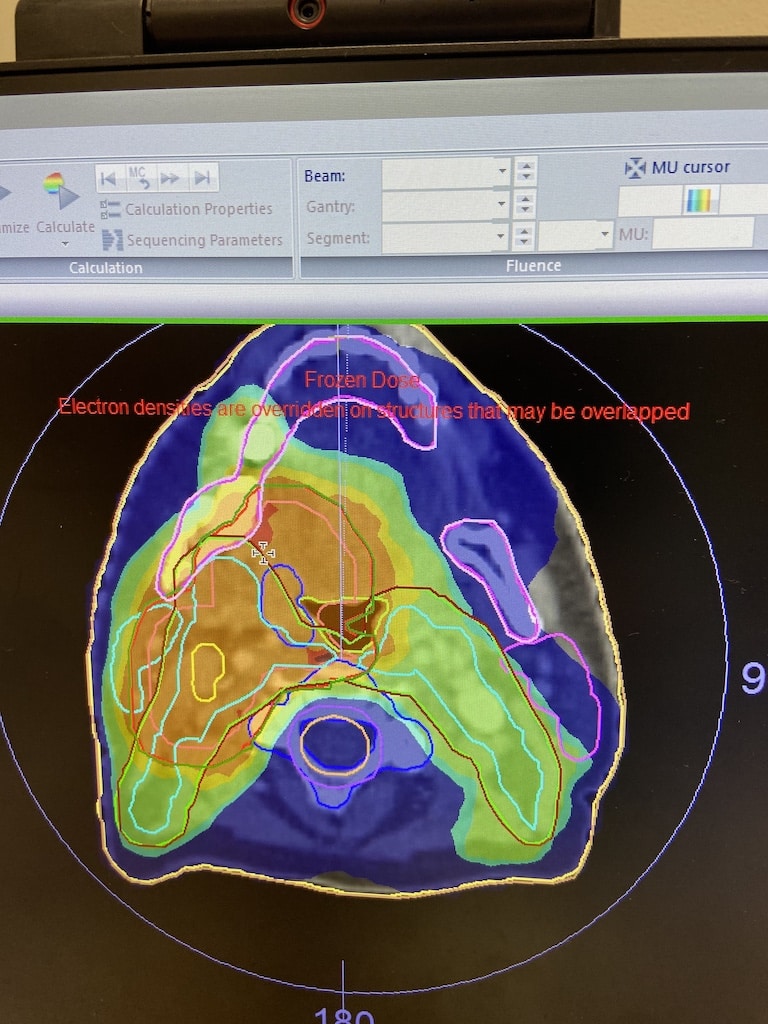
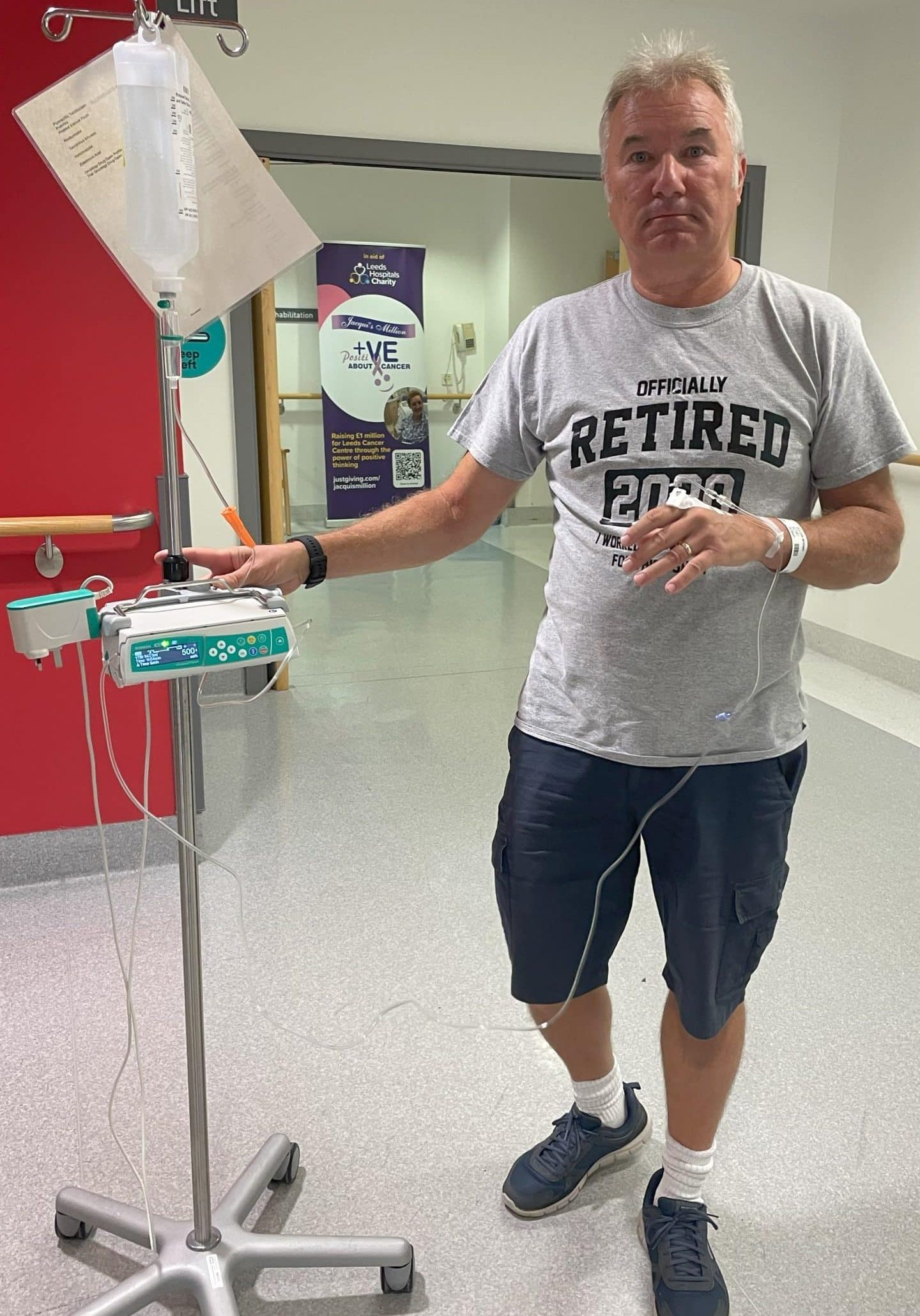
Recovery from treatment
Convalescence is an old fashioned word but it’s true we all lead such busy life’s ticking boxes and getting on with living. But remember head and neck cancer treatment is brutal and your body needs time to recuperate.
Treatment really does vary depending on where your Head and Neck cancer is, what type of cancer it is and what stage you are being treated for. Remember we don’t get all the side effects either during treatment or after treatment but it’s useful to have an idea of what may happen.
Once treatment has finished and if you have had radiotherapy, it continues to work for several weeks. It is possible that you may continue to feel poorly for a good few weeks or months. Everyone reacts differently, this is all normal. Gradually increase your exercise but keep your calorie and protein intake up to avoid dizziness and tiredness. It can take up to a year for the effects of the treatment to wear off and if you’ve lost weight you may find that although you’re returning to eating normally, you won’t put weight back on. Tip - If you’re on hypertension medication and have lost weight, be sure to check your blood pressure regularly from 1-6 months post treatment and review it with your GP if readings have changed.
It is possible you may have some Late side effects of treatments. These can start around the 3 month stage or as late as 20 + years down the line.
Remember no one gets all side effects. More info in the Post Treatment section.

General Information
A quick overview of what to expect
Radiotherapy/ Chemotherapy
A quick overview of what to expect
Surgery
A quick overview of what to expect
Immunotherapy
A quick overview of what to expect
What To Expect
